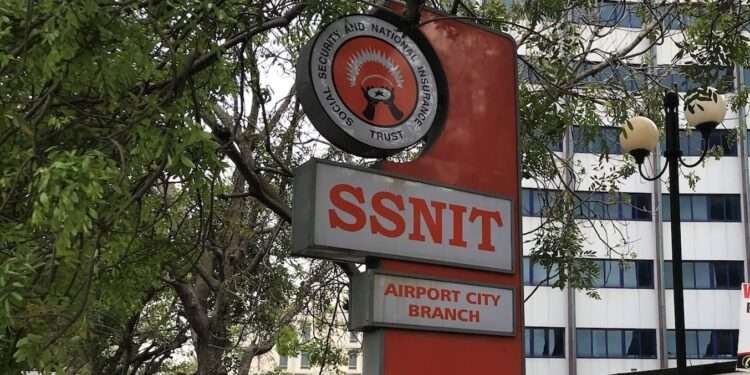The Director of Legal Education at the Ghana School of Law, His Lordship Barima Nana Yaw Oppong, has affirmed that the Ghana School of Law will not be abolished, countering public assumptions following recent government reform announcements.
This response comes in the wake of Attorney-General and Minister for Justice, Dr. Dominic Ayine’s statement during the Government Accountability Series in Accra.
Dr. Ayine announced proposed reforms to Ghana’s legal education framework, which include replacing the existing centralised admission system with a national bar examination and decentralising professional legal training to all accredited institutions.
Under the new system proposed by the Attorney-General, students pursuing legal education would undertake a one-year Bar Practice Programme in their respective universities.

Afterward, they would sit for a national bar exam which would qualify them to practise law in Ghana. This reform is projected to significantly widen access to the bar, as it eliminates the Ghana School of Law’s traditional monopoly over professional legal training.
However, despite the implications of this policy direction, His Lordship Barima Nana Yaw Oppong was unequivocal about the institution’s continued relevance.
“The Ghana School of Law will not be abolished. Why will it be abolished? The Ghana School of Law can also operate like any university offering LLB”
His Lordship Barima Nana Yaw Oppong, Director of Legal Education at the Ghana School of Law
This position directly challenges the perceived outcome of the Attorney-General’s plan, reinforcing that the Ghana School of Law intends to adapt, not dissolve.

Alternative Legal Education Bill
Barima Oppong further revealed that the Ghana School of Law is actively working on its own legal education reform bill.
“As we speak, Ghana School of Law lecturers had a meeting about a month ago,” He disclosed that lecturers at the institution convened to initiate the drafting of a counterproposal, forming a committee to carry out the work.
“We established a committee. We have had our own bill,” he reiterated.
“I am telling the public for the first time that we are going to present [it] to the Attorney-General. I actually received the draft copy – it is almost ready – on Monday”
His Lordship Barima Nana Yaw Oppong, Director of Legal Education at the Ghana School of Law
According to him, this reform bill will soon be submitted to the Attorney-General for consideration on the matter, assuring that instead of abolishment, the institution and the “system may be restructured.”

As part of his advocacy for the continuity of Ghana School of Law’s role in the country’s legal framework, and to counter critics, Barima Oppong added that “the quality of lawyers completely increased during my administration.”
The Ministry of Justice, under the leadership of Dr. Ayine has not officially responded to this internal initiative by the Ghana School of Law.
While the government’s reforms focus on decentralisation and inclusion, the Ghana School of Law appears intent on maintaining its place in Ghana’s legal education landscape, albeit within a revised role that aligns with emerging national standards.
In the absence of a detailed response from the Ministry, it remains to be seen whether the government will incorporate the Ghana School of Law’s bill into its wider reforms or proceed independently.
As the debate on legal education intensifies, stakeholders are expected to closely monitor how these parallel reform processes unfold, particularly in the context of increasing demand for access, fairness, and decentralisation in Ghana’s legal training system.


















